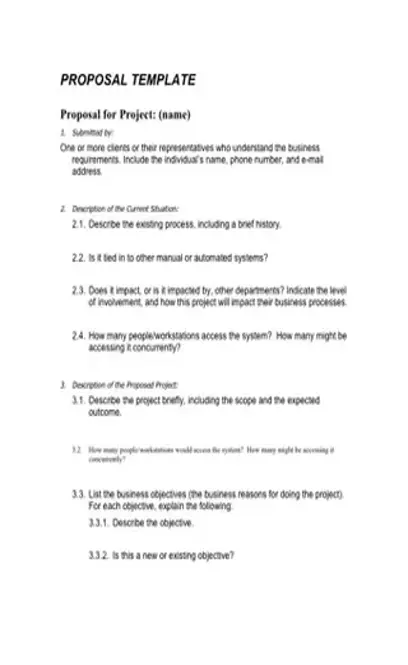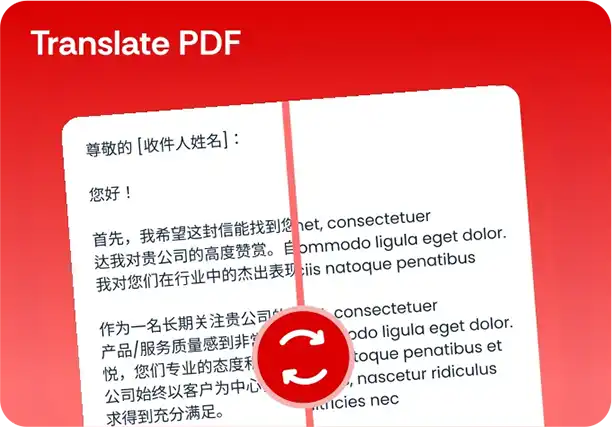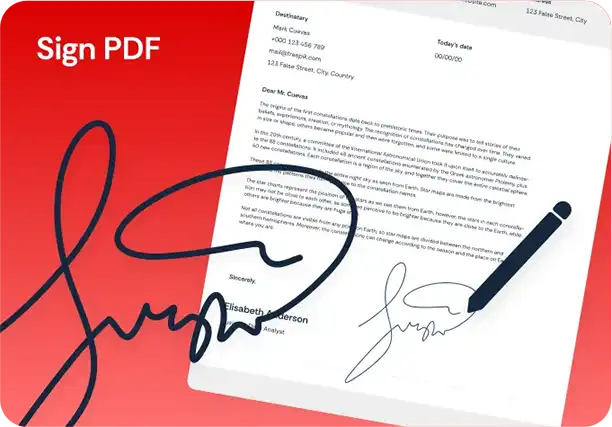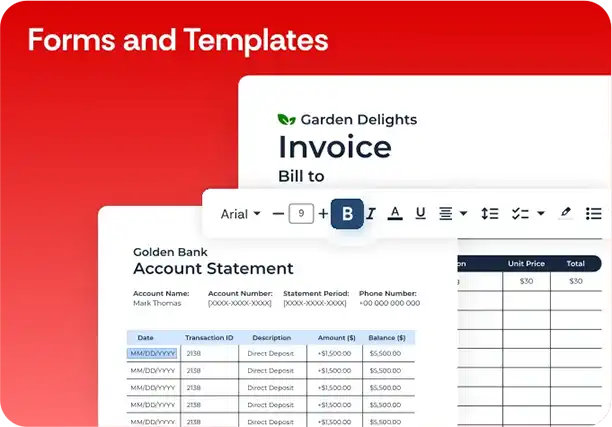The proposal template outlines the materials and labor for a project. The contractor guarantees that the materials used in the project are those listed on the proposal. Labor will be completed by professional workmen according to the guidelines outlined in the form. The project owner signs the proposal template, confirming the estimate and materials to be used. This form documents the agreement between the contractor and project owner. Once the final acceptance certificate is signed, this document loses its significance, but it can be proof of the scope of the project if it is ever called into question. The size and scope of the project should not be a consideration when deciding to use the template. Even small projects benefit from a proposal, to ensure that all parties understand the details, specific materials, payment and costs.
At its core, the proposal template is a bid on a project. It includes these details:
Project owner’s information
Job name and location
Project specifications
Date of plan
Cost estimate
How payment will be made
Authorized signatures
Acceptance of proposal
PDFSimpli is the best solution for filling out documents, editing & annotating PDFs and converting document filetypes. Don't delay, start today.









